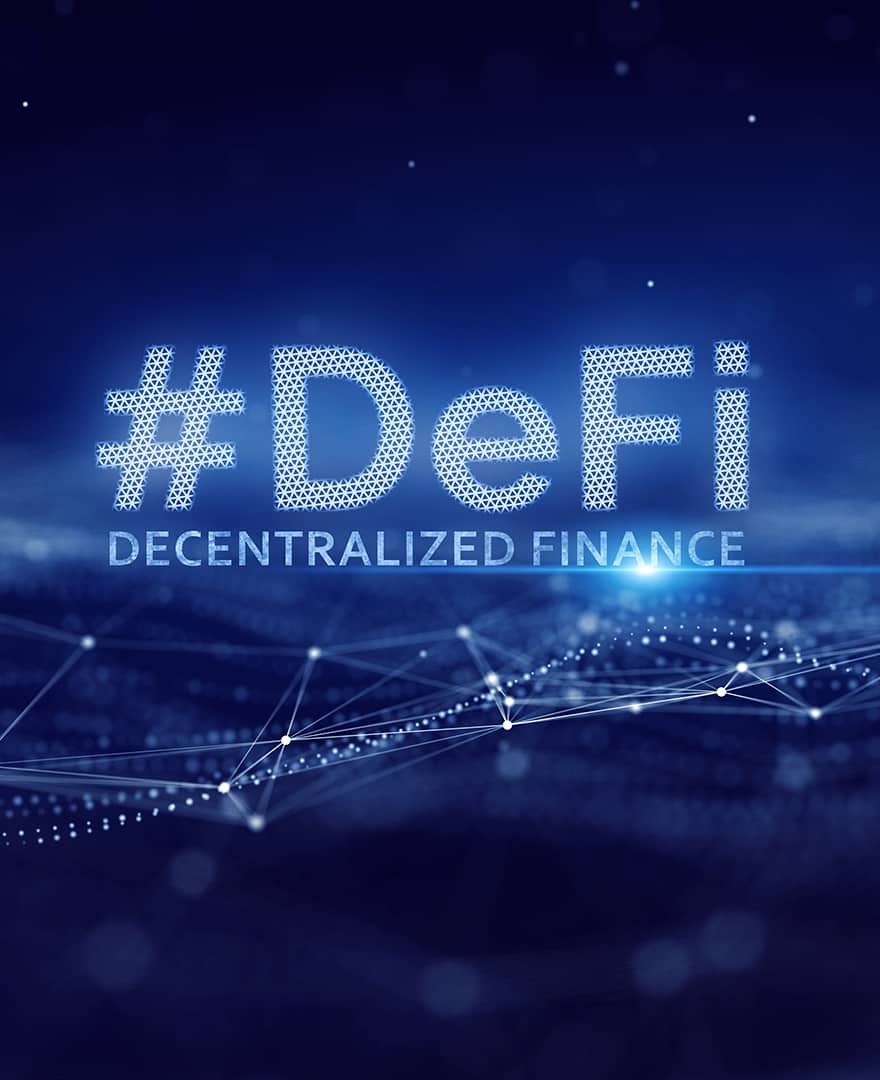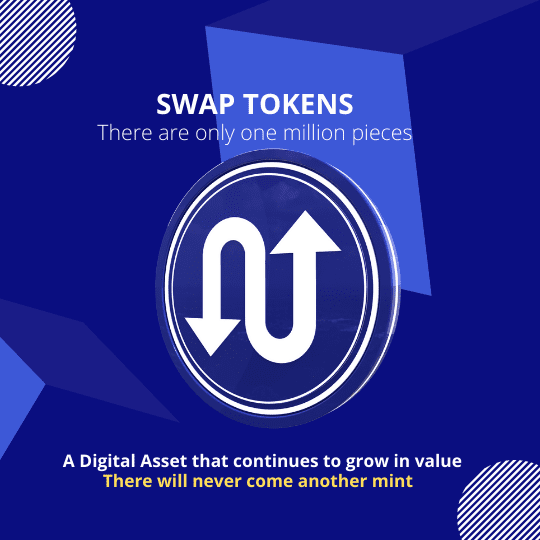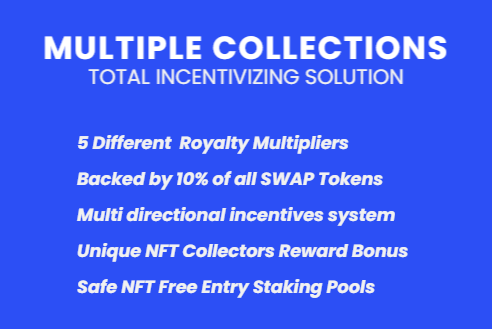SafeSwap Global Tree Plan
Planting trees all around the world covered by our platform fees, services and donations.
SafeSwap has been audited
Several cyber security experts have rated SafeSwap as a safe & secured platform.
The digital currency revolution
Cryptocurrencies are shaping the future and swapping them is a major part of it.
The future of NFT Usecases
The way humans interact with Nft's are evolving and becomes part of the future.






